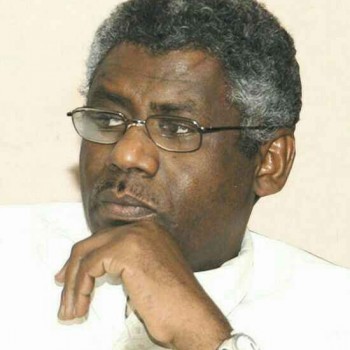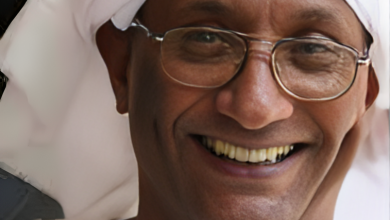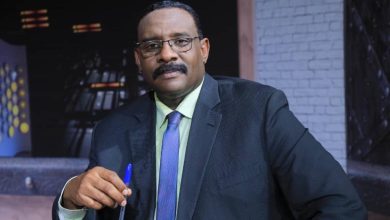When Capitals Are Bombed… Where Does Diplomacy Hide?

As I See
Adil El-Baz
1
Since drones entered the battlefield in Sudan, the nature of the war has changed. We have shifted from an internal conflict to a new form of direct foreign aggression. This aggression is no longer just logistical support or covert armament—it has become actual involvement by a state with its own bases, drones, and agenda. So, is our diplomacy keeping pace with this dangerous shift? And is our media discourse rising to the level of this existential threat?
If diplomacy is confined to issuing or obtaining statements of condemnation here and there, then that has been done—and we thank the Sudanese Ministry of Foreign Affairs, especially for its swift action in calling on the UN Security Council to convene and examine the Emirati aggression two days ago.
We should also thank the countries that have issued condemnation statements, which have reached eleven so far, including Qatar, Egypt, Saudi Arabia, Somalia, and—hard to believe— the UAE itself!
As for the organizations that issued statements, they include the African Union, the Arab League—that dim funeral procession—as well as the United States and the European Union!
However, it is noteworthy that all these statements were phrased in the passive voice: they condemned the act but allowed the perpetrator to escape justice, even though they all know exactly who it is.
Had Sudan been the aggressor, its name would have dominated the news headlines, sanctions would have been swiftly imposed, and the world would have rushed to condemn it in the harshest terms.
Yes, we live in an unjust and trivial world that knows neither fairness nor truth.
2
In any case, this is what others have done—or what they were capable of doing: issuing statements. Even if they failed to support the victim, they are at least useful in minimally exposing the aggression.
But the more important question is:
What more can Sudanese diplomacy do? How? And where is it hiding now—and why?
3
Since the aggression occurred about a week ago, it would have been possible—indeed necessary—for the Ministry of Foreign Affairs to call on senior, experienced diplomats, especially those who worked with regional and international organizations, alongside media experts, to deliberate on how to respond.
Then, an emergency diplomatic and media committee should have been formed to develop an urgent response plan and distribute responsibilities among small task forces:
A team to contact friendly countries, prepare documents proving the UAE’s role in the aggression, and engage directly to clarify the scale of what Sudan has suffered.
A second team to communicate with regional organizations such as IGAD, the African Union, the Arab League, and the Gulf Cooperation Council.
A third team to approach international organizations, primarily the UN Security Council, the European Union, and the United Nations.
These teams would start by drafting urgent official letters in the name of the Sudanese government to all concerned parties, then proceed through direct communication and field visits.
Most importantly, this aggression must be framed as an attack on a UN member state and a threat to regional and international security—not just an internal conflict.
4
In parallel with this diplomatic effort, a media committee must be formed to define the general line of media coverage across all platforms and mobilize all national media talents and patriotic voices.
At the same time, there should be efforts to attract external writers and institutions to expose the aggression, name the perpetrators, showcase their weapons, and document the scale of the damage.
In other words, we need an international media campaign that starts by inviting local, regional, and international media outlets to document the attacks and showcase the damage to infrastructure.
It should also emphasize the responsibility of the countries that provided military support to the militia, which are now well-known to everyone.
While diplomacy works to rally international and regional support for Sudan, the media provides the information and facts that illuminate both local and global public opinion.
5
In short:
We need a combination of military, diplomatic, and media responses to confront drone attacks.
Especially as we are now facing a new kind of war—one being waged by the UAE itself, using its bases and ships in the Red Sea.
What is required today is not just an emergency committee, but a decisive political will that understands this war is not only being fought on battlefronts, but also in capitals, on media platforms, and in the corridors of international organizations. It’s time we acted with the mindset of a state, not mere reaction; time to make plans, not wait for miracles.
So who, I wonder, will make the decision to form the diplomatic and media emergency committee? And when?
I fear we’ll keep waiting for Godot… as we always do.
God is dominant over His affairs.



